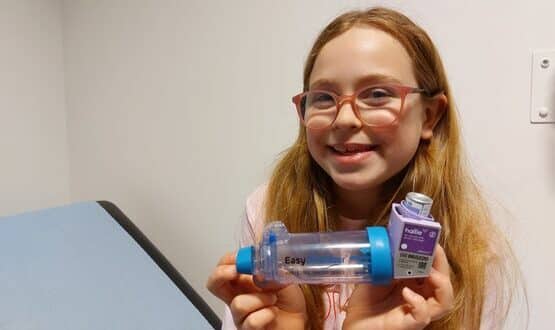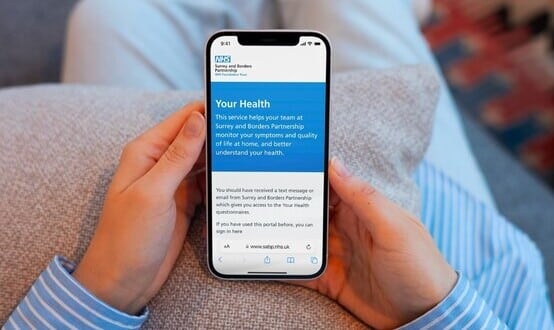Digital Health Coffee Time Briefing ☕
- 14 November 2023

Your morning summary of digital health news, information and events to know about if you want to be “in the know”.
???? News
???? Jigsaw, The National Centre for Youth Mental Health, and Mayden – the creators of iaptus, the leading electronic health record (EHR) for psychological therapies in the UK – have joined forces to support children’s mental health services in Ireland. Jigsaw is the only primary care youth mental health service provider in Ireland for young people aged 12-25, offering both online and in person support and advice. They give families, schools, and those who support young people’s mental health ways to cope and the skills to be there for young people. Using their knowledge and expertise, they also advocate on behalf of young people and their families to ensure that youth mental health is a national and local priority.
???? Apple has for years promised that its devices can help people live healthier, but it has so far produced little concrete evidence of this benefit. Many of the company’s health tools are consumer features without strong ties to the health care system, so there often isn’t a health care outcome to measure as proof. Nevertheless, Apple has embarked on several systematic studies exploring how its devices might be used to more directly improve health conditions, and after several years, one such effort is beginning to bear fruit: a large digital asthma study launched in collaboration with Anthem, the insurer that has since changed its name to Elevance Health. The companies are now beginning to release data from the study, which hints that the tool could help the millions of people who struggle with asthma avoid the worst outcomes of exacerbations.
????⚕️ Digital health provides a powerful and effective platform for the prevention and management of STIs. Digital platforms can be used to develop online social networks through individual-level or community-level connections. Advanced technology and increased availability and accessibility to internet services have made digital platforms an integral part of our lives. Public health authorities are now adopting and applying various features of digital platforms to increase awareness and improve sexual health services. In the modern healthcare system, digital health is considered a promising approach for disease surveillance and public health interventions. The use of digital platforms for better management of STIs and to control their spread is now increasing worldwide.
???? UK based diagnostics technology company Testcard will unveil their cutting-edge non-invasive diagnostic solutions at MEDICA 2023 designed to make testing more accessible for consumers and in clinical settings. As a participant in the ABHI UK Pavilion, Testcard will highlight its innovative technology that transforms a mobile device into a clinical-grade scanner, revolutionising the field of diagnostics.
???????? Imagine having a digital twin that gets ill, and can be experimented on to identify the best possible treatment, without you having to go near a pill or a surgeon’s knife. Scientists believe that within five to 10 years, “in silico” trials – in which hundreds of virtual organs are used to assess the safety and efficacy of drugs – could become routine, while patient-specific organ models could be used to personalise treatment and avoid medical complications.
???????? A Kerala-based startup has launched a first-of-its kind digital health kiosk that claims to provide basic diagnostics like blood pressure, blood sugar and heart conditions instantly with utmost accuracy in multiple languages and at extremely low prices. Prognosis, the kiosk, launched by Versicles Technologies, is equipped with a touch screen that offers video instructions to users to receive accurate readings. It aims to make healthcare facilities more easily accessible.
❓ Did you know that?
Today is World Diabetes Day. An estimated five million people in the UK are living with diabetes, an all-time high according to Diabetes UK. The organisation estimated that as many as 850,000 people could be living with diabetes who are yet to be diagnosed.
???? What we’re reading
As ChatGPT and similar Large Language Model (LLM) tools gather and organize data in responses, it’s important to understand how the data they use has been curated. Medical science is constantly evolving, with previously accepted conclusions and standards being supplanted by newer information. Yet the outdated and sometimes disproven body of literature is often still quite large.
???? This week’s events
16 November – “Next steps for Adult social care in England”, Westminster Health Forum policy conference (online)
17 November – Digital Health Networks Debate Series (Online): Why should the NHS be worried about creating EPR monopolies?




